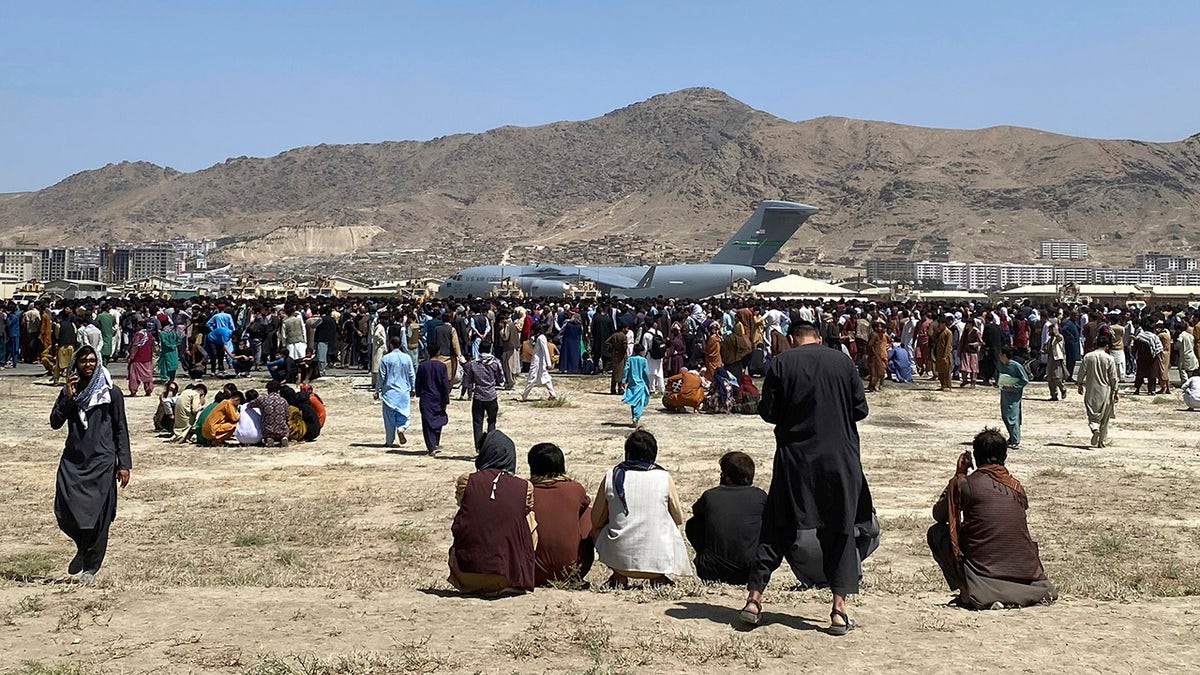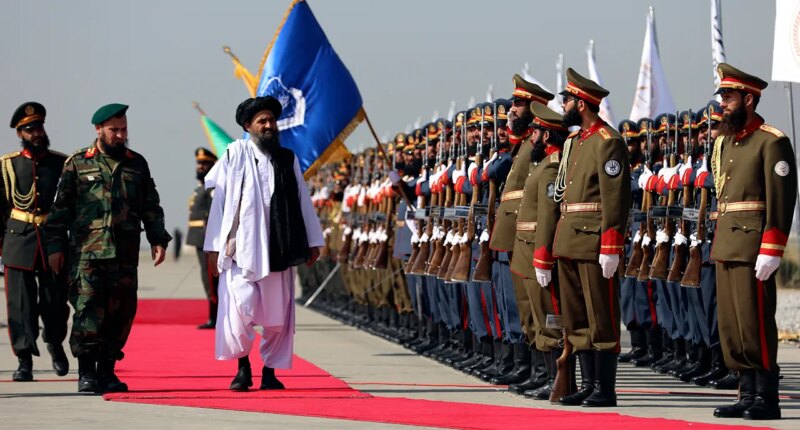Last week, Vikram Misri, India’s foreign secretary, had a significant meeting with acting Afghanistan Foreign Minister Amir Khan Muttaqi in Dubai. This meeting marked a significant advancement in the relations between the two countries.
India has been gradually increasing its interactions with the Taliban. However, this recent meeting is particularly noteworthy as it is the most high-level discussion since the Taliban took control of Afghanistan in 2021. It is worth noting that this meeting was the second encounter between officials from New Delhi and Kabul in a span of just two months, demonstrating a mutual willingness to intensify diplomatic relationships.
“The tensions between Pakistan and the Taliban should not be overstated in terms of India’s enhanced dealings with the Taliban. New Delhi had already initiated some small measures to engage with the Taliban shortly after their rise to power, even before tensions arose in the Taliban’s relationship with Pakistan,” explained Michael Kugelman, who is the director of the South Asia Institute at the Wilson Center, in a statement to Fox News Digital.
Several factors, in addition to deteriorating Pakistani relations, may have led India to strengthen its relationship with Afghanistan. The weakening of Iran, due to conflicts in the Middle East and internal issues, has diminished its influence over the Taliban. At the same time, Russia, one of India’s closest allies, is moving toward recognizing the Taliban government in Afghanistan, even calling the group a partner in combating terrorism. Moscow perceives a significant security threat from Islamist militant groups across countries from Afghanistan to the Middle East, especially after losing Bashar al-Assad in Syria.

Hundreds of people gather near a U.S. Air Force C-17 transport plane at a perimeter at the international airport in Kabul, Afghanistan, on Aug. 17, 2021. (AP)
China is also enhancing its connections with the Taliban, causing India to be wary of Beijing’s increasing influence. Additionally, India’s approach may be influenced by President-elect Trump’s imminent return to the White House. The Trump administration initially brokered the U.S.-Afghanistan withdrawal deal. Trump’s re-election could now introduce new dynamics to the region, prompting India to safeguard its long-term interests.
In contrast, the United States has severed diplomatic ties with Kabul since its chaotic withdrawal from war-torn Afghanistan. Washington maintains a policy of sanctions and isolation toward Taliban leaders. But now, nations in the region are evaluating the implications of a new Trump administration for the Taliban.

















